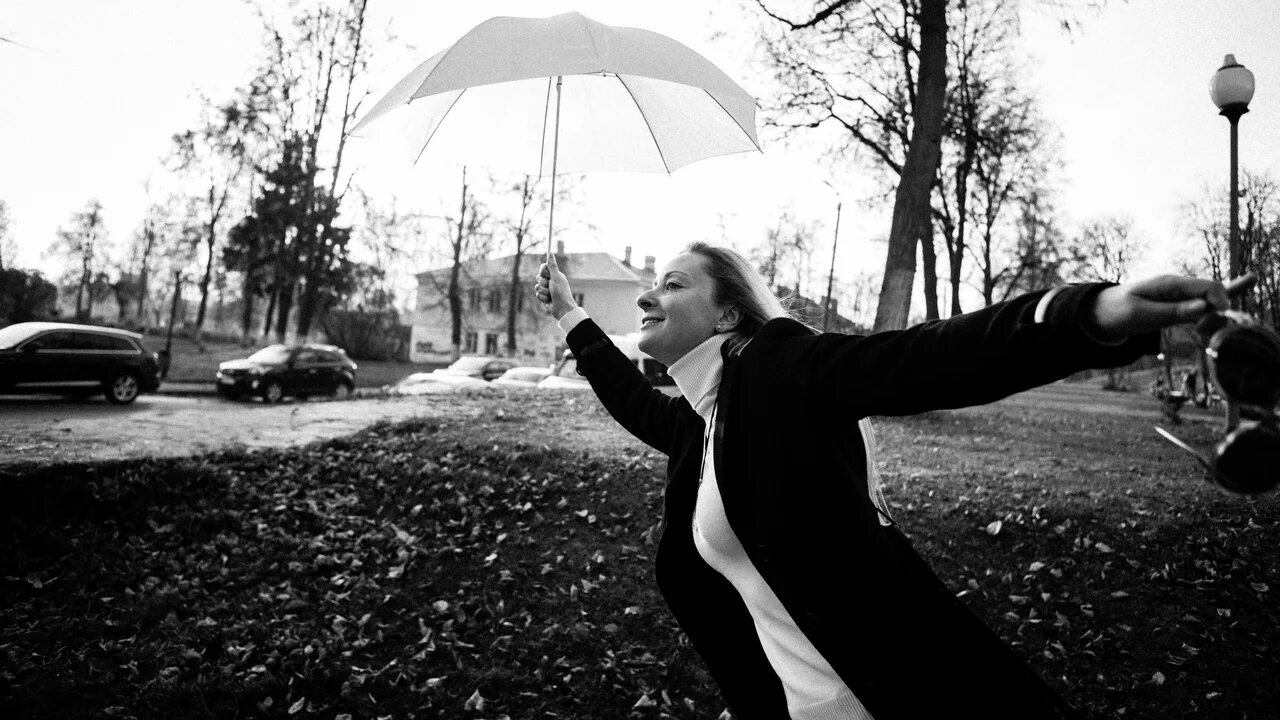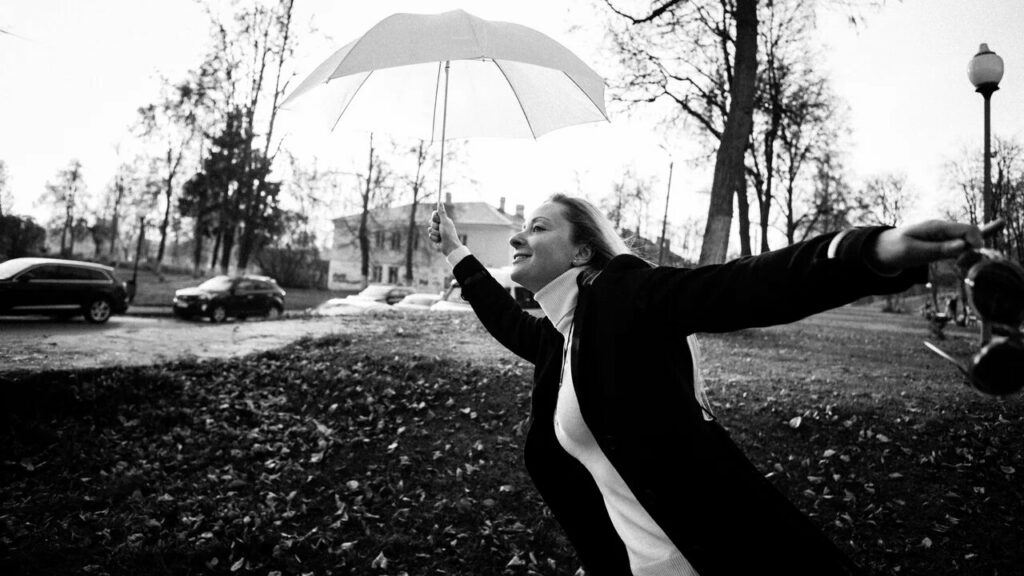
-Who is Marina Sasina?
I’d like to know that too… First of all, I’m a human… However, our topic is cinema, so I’ll focus on it. I am a professional screenwriter. More than 100 hours of feature films and television series have been shot according to my scripts. Some of these works are internationally recognized. In addition, I have two directorial works – the short films “Nobody, Nowhere, Never” and “A Beautiful Woman Dies Twice”. Both films received numerous festival awards.
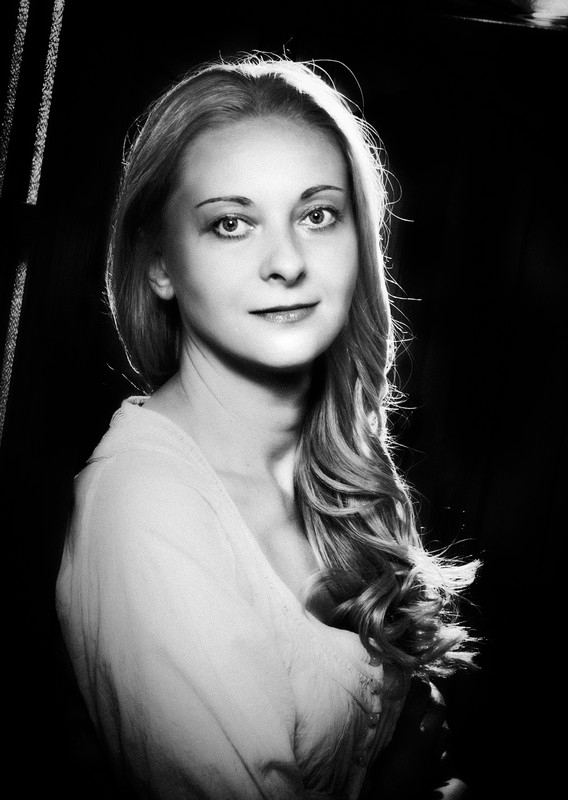
-What inspired you to become a filmmaker?
I consider myself a storyteller. Directing is another way to tell a story.
-Do you think the cinema can bring a change in the society?
I think it’s a two way process. Movies are made by people who are influenced by social ideas and authorities. Moods and ideas are born in society. They are then picked up by filmmakers, consciously or unconsciously, and turned into films. But the “seed” falls into the already prepared soil. If the audience accepts “new” ideas, it means that certain social conditions have developed for this.
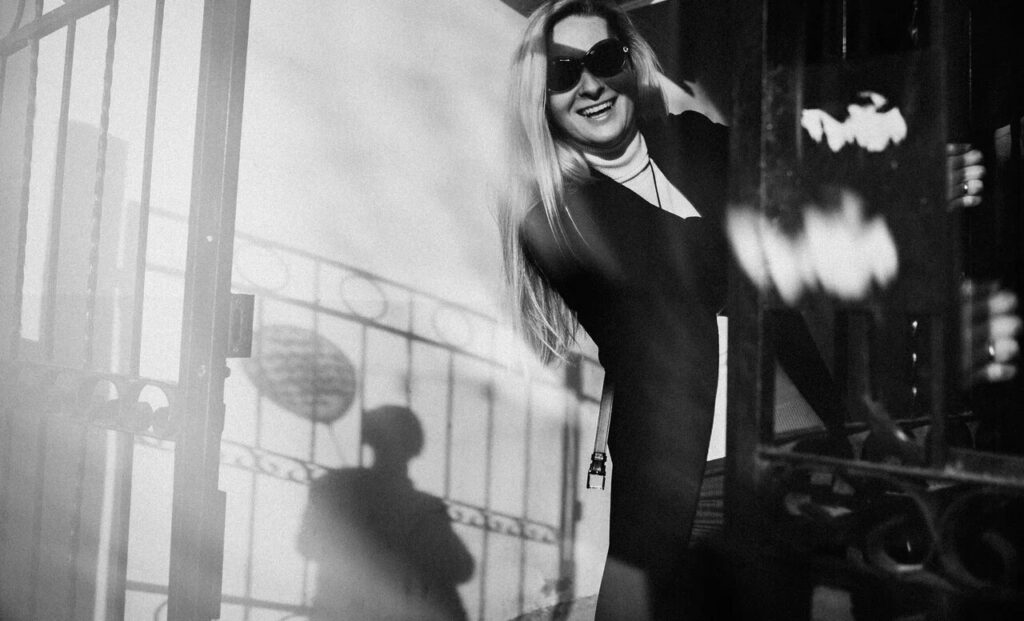
-What would you change in the world?
The world is big… I would advise people to be kinder to each other.
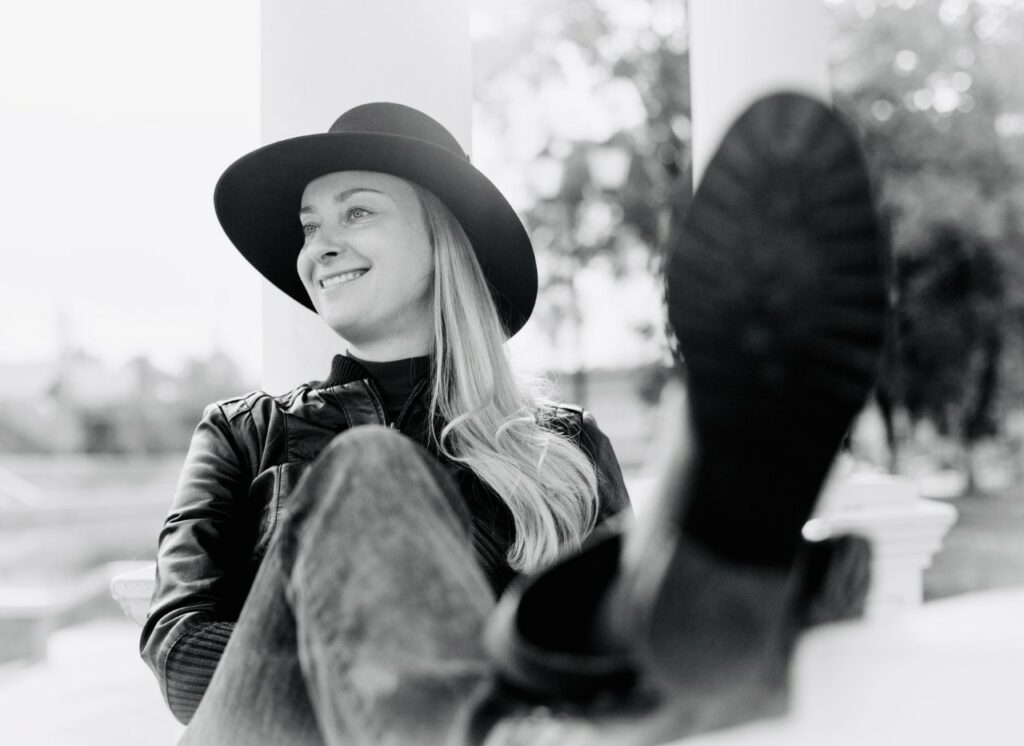
-Where do you see the film industry going in the next 100 years?
I think that new technologies will change the process of filmmaking. Perhaps beyond recognition. I hope that the producers will pay more attention to the plots of the films and their originality. I do not rule out that VR and holograms will try to take the place of cinema. Surely there will be new types of cinema in which the viewer will be directly involved. Something like a quest in a movie, where the choice of the viewer will depend on the next plot twist. There will be fewer professions in the film industry. Some professions will disappear or require the acquisition of other skills. For example, actors are already quite often replaced by graphic characters… Well, of course, there will be filmmakers for whom nothing will change. They will still shoot films on film and assume that this is the only real cinema.
Photos by Andrey Sasin, Anna Zelenina and Polina Dudina
